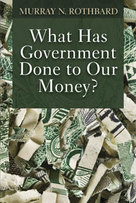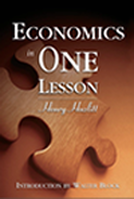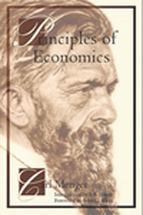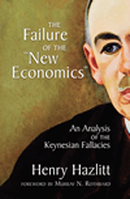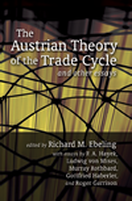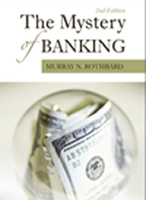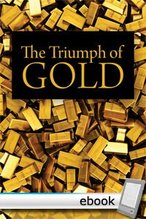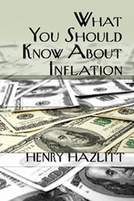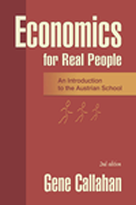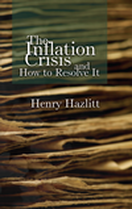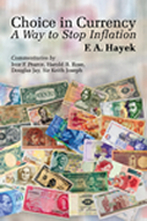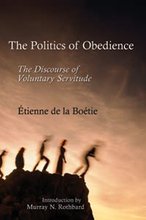RESOURCES > ECONOMIC THOUGHT
Schools of economic thought describes the variety of approaches in the history of economic theory noteworthy enough to be described as a 'school of thought'. While economists do not always fit into particular schools, particularly in modern times, classifying economists into schools of thought is common. Economic thought may be roughly divided into three phases: premodern (Greco-Roman, Indian, Persian, Arab, and Chinese), early modern (mercantilist, physiocrats) and modern (beginning with Adam Smith and classical economics in the late 18th century). Systematic economic theory has been developed mainly since the beginning of what is termed the modern era.

